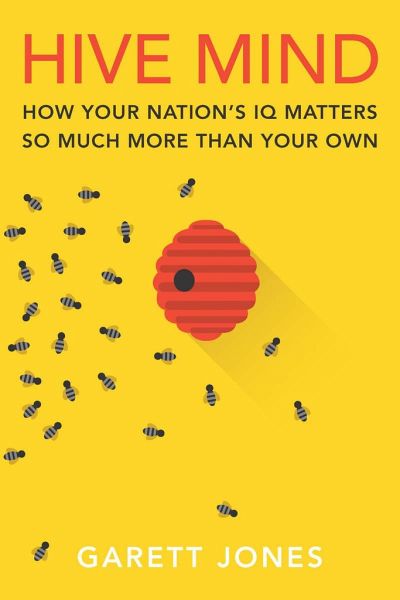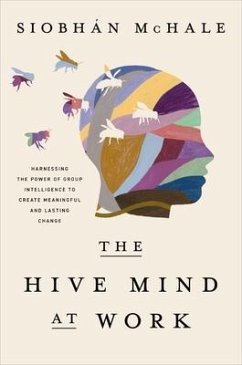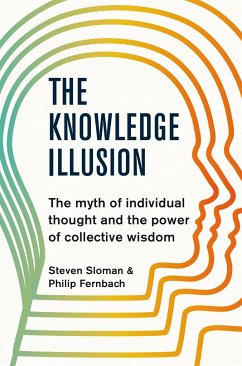
Hive Mind
How Your Nation's IQ Matters So Much More Than Your Own
Versandkostenfrei!
Versandfertig in über 4 Wochen
78,99 €
inkl. MwSt.

PAYBACK Punkte
39 °P sammeln!
In Hive Mind, Garett Jones draws on an array of research from psychology, economics, management, and political science to make the case that IQ scores are a strong predictor of national prosperity.












